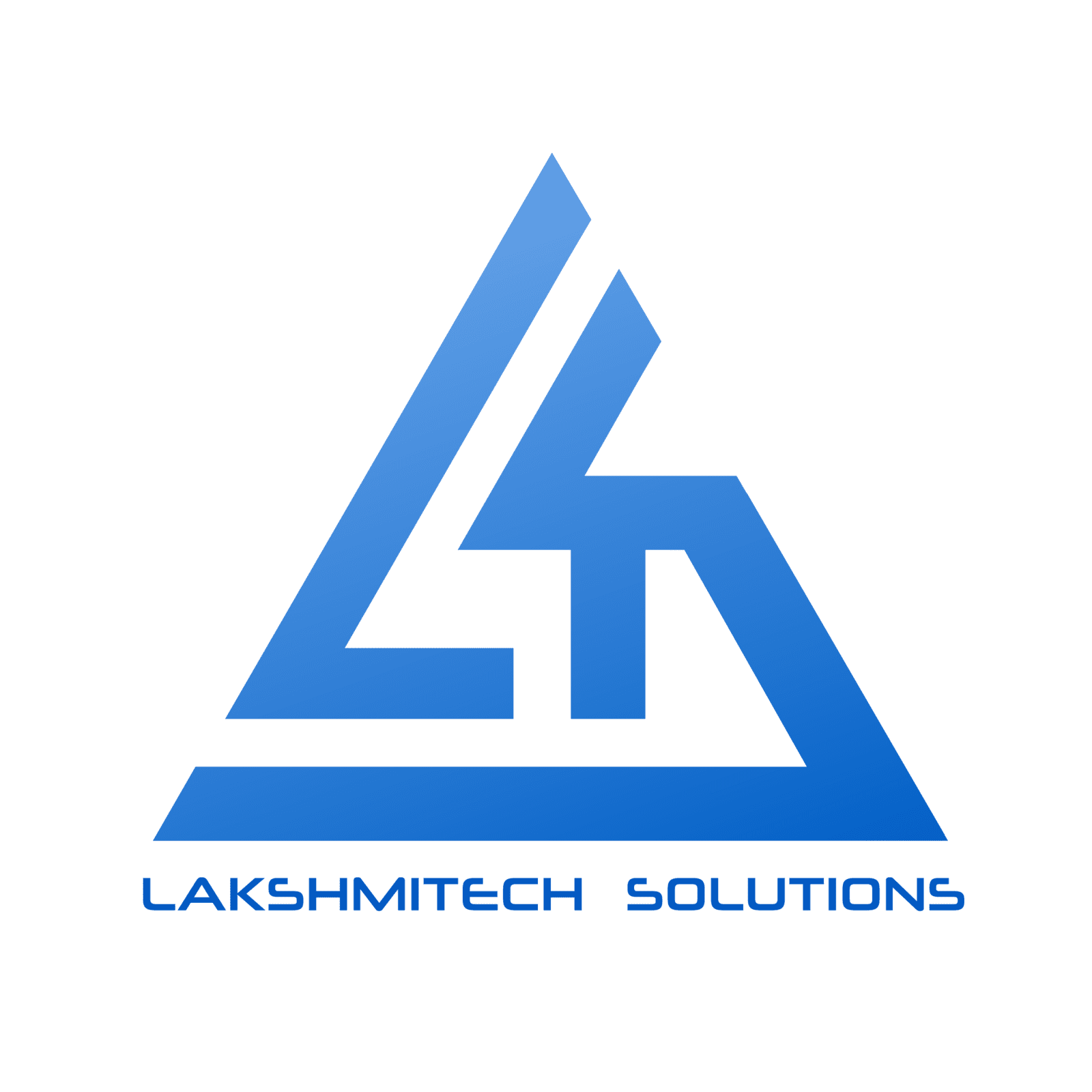Zoho Marketing Automation is a robust and user-friendly marketing automation software that can help your business develop with the press of a button. It allows you to easily develop and deliver tailored email campaigns, measure customer activity, set up lead scoring criteria, nurture leads with automatic follow-ups, and much more.
What is Zoho?
Before getting into marketing automation, it's important to first understand what Zoho is. Zoho is a cloud-based software provider that offers a variety of business, productivity, and collaboration tools. Zoho Marketing Automation is a component of that package and a significant tool for expanding organizations. It assists firms in automating marketing activities and managing client interactions. It also has lead capturing, email marketing, and sales force automation functions. The Zoho One suite of cloud applications is one of the greatest software packages for small and medium-sized enterprises available today.
Implementing a Lead Generation Strategy with Zoho Marketing Automation
To account for conversion rates, you should contact a large number of potential leads while building an automated marketing campaign. To begin, identify your target audience and their problem issues, then map out the customer journey and the signals they will provide you along the route indicating their interest in your products or services. Once you have this information, you can begin mapping your campaign into Zoho CRM using segmentation, whether it includes specific sectors, a set number of employees, the usage of specific products, and so on.
To illustrate how to create an automated marketing campaign, let’s take a look on a plan of the lead generation campaign with three steps.
Step 1: Identify What To Promote.
Determine the service area and/or product line that will be promoted and enter it into Zoho records.
Step 2: Determine the characteristics and pain points of the target audience.
Make your point. Not everyone is a prospective customer, and you want to spend your time and energy on prospects who are worth your time and effort. However, you don't want to be so specific that your target audience is confined to a few firms.
Step 3: Create Assets.
This refers to any information (blog posts, webinars, white papers) that educates and assists prospects in resolving pain issues.
The Marketing Automation Process
Marketing automation is critical to the success of any firm. It enables you to take a lead and convert it into a sale without the need for personal involvement. This is how it works:
You must first create leads. There are various approaches accomplish this, but inbound marketing is the most effective. This entails developing appealing content that entices individuals to join up for your email list.
Once you've compiled a list of leads, it's time to begin nurturing them. The idea is to develop a relationship with each of them so that they will eventually become consumers. To do this, send them regular emails with useful information and discounts on your products or services.
When you've developed a connection with a lead, it's time to begin selling to them. This is where marketing automation may help. You can send targeted emails at the correct moment using automation, boosting the likelihood that they will buy from you.
Finally, after a sales, it is essential to follow up with the consumer to verify they are satisfied with their purchase. This assists in converting one-time consumers into lifelong clients as well as recruiting new customers. Nothing says more about your abilities than glowing client evaluations and testimonials.
Types of Marketing Automation
When you hear the word "marketing automation," you may conjure up images of email marketing campaigns and social media management. But it's far more complicated than that. Marketing automation may encompass a wide range of operations, all aimed at attracting and converting more leads into consumers.
Below are some most common types of marketing automation:
Email Marketing
Social Media Management
Lead Nurturing
Lead Scoring


